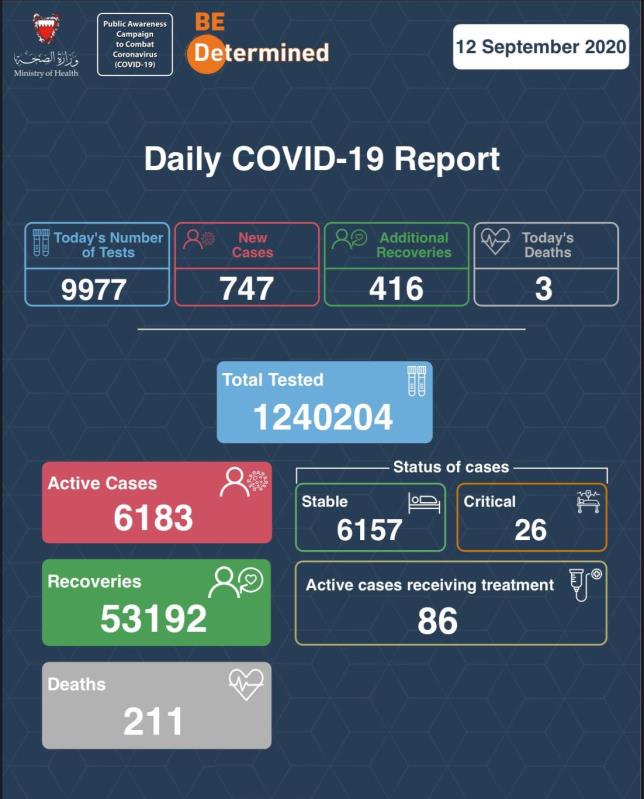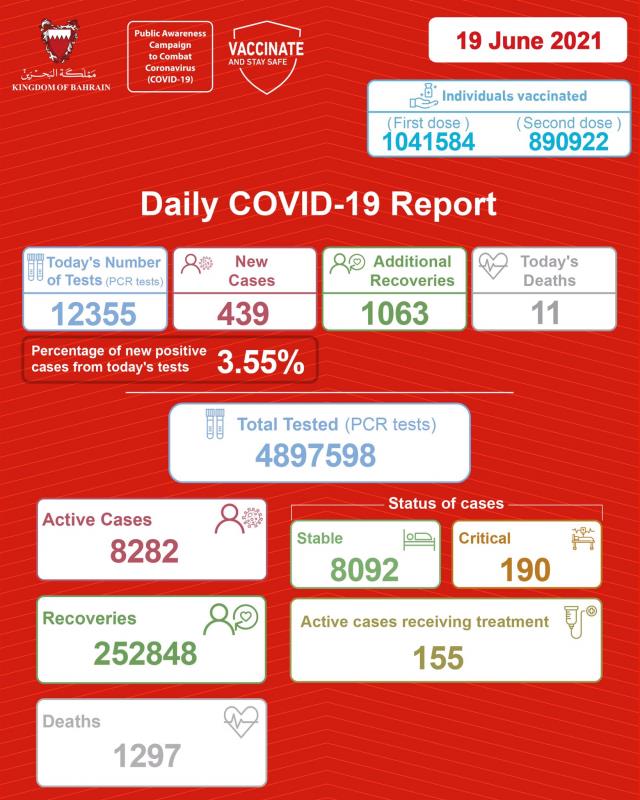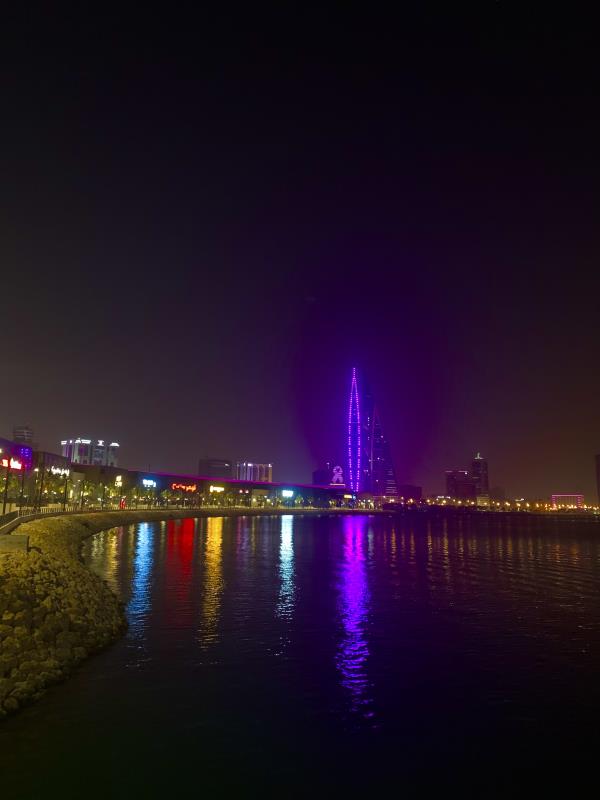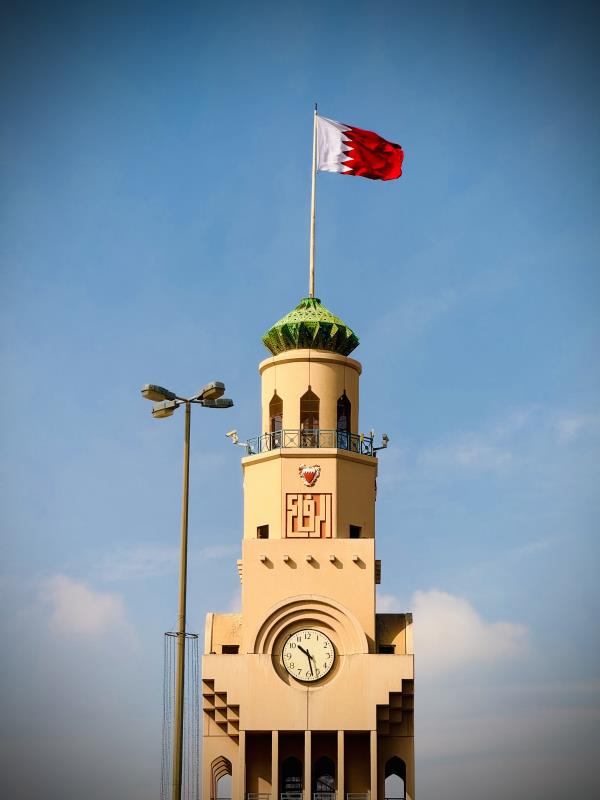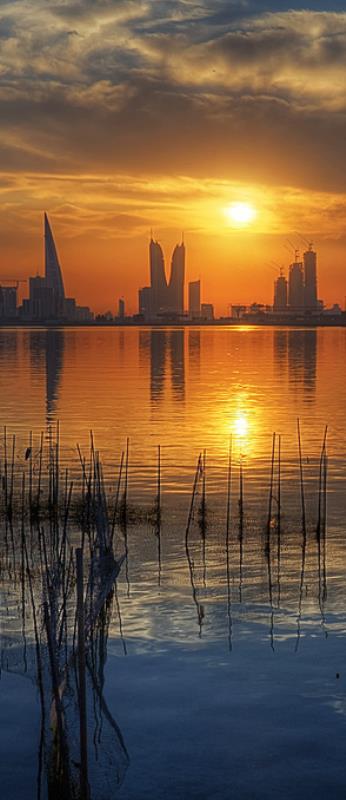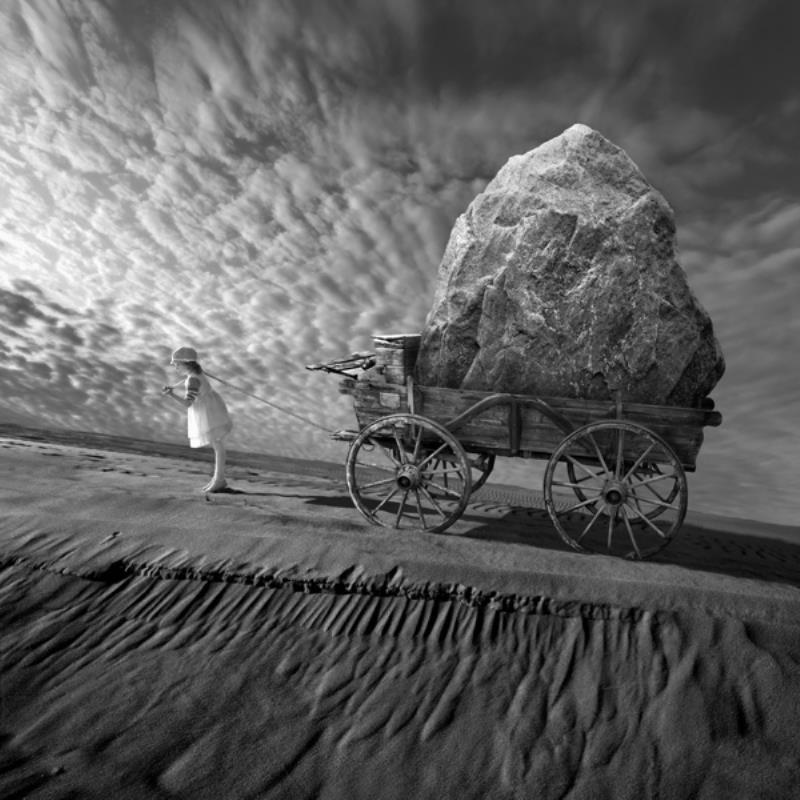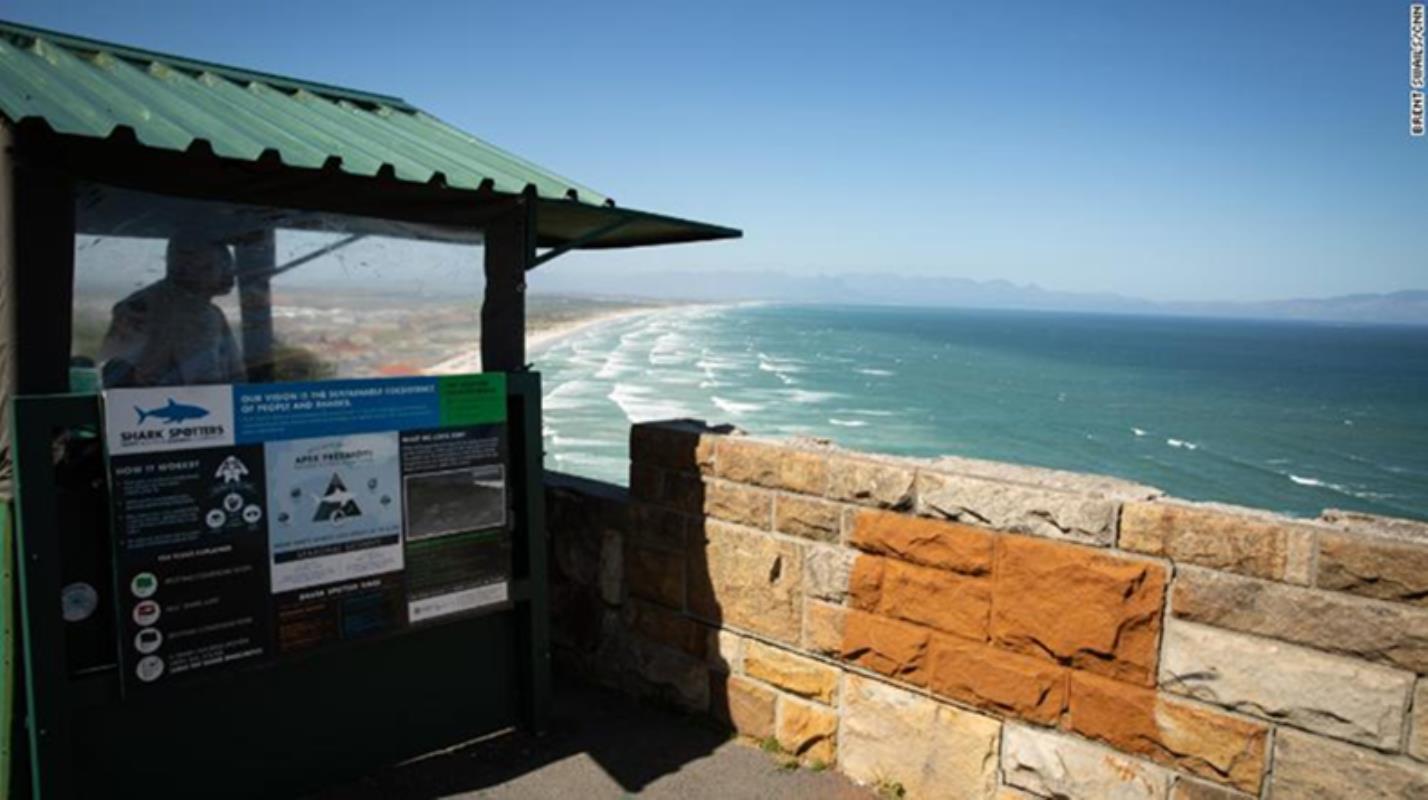
CNN’s David McKenzie investigates the dramatic fall in sightings of great white sharks around Cape Town’s Seal Island and False Bay.
Where once populations were thought to be in their thousands, not a single great white has been recorded in the area for more than a year.
Shark Economy
Chris Fallows, a well-known shark expert tells CNN: " The great whites of South Africa have attracted more attention to this country than the whole suite of our other predators, and Seal Island is probably the world's most famous location for seeing great white sharks. For me, losing the great white is like losing part of my soul. It shaped my life and it has given me some of the greatest highs of my life."
Mobwabisi Sikweyiya a worker at the Shark Spotters charity is equally concerned by the animal’s absence, telling McKenzie: "They have to come back. They will come back…If they don't come back, then I am going to have to look for another job."
The sharks play a vital part in the economy of the area and it’s not just tourist operators who are being affected. Fishing boat skipper Solomon Solomons' tells CNN that the absence of the sharks has affected the whole food chain, "there are too many seals now. They are eating all my fish”.
The Research
Stellenbosch University marine biologist Sara Andreotti tells CNN that she “was probably the least surprised person of all that there are no great whites”. She has researched the animals for several years and says that the great whites didn't just disappear overnight. There has been a steady decline, then, most likely, a dramatic collapse.
In 2016, Andreotti and a group of colleagues released a ground-breaking paper estimating South Africa's great white population. Using DNA analysis, combined with a visual count, it revealed shockingly low numbers. Earlier estimates had put the great white populations in the low thousands, but Andreotti and her colleagues believed that the number, back in 2012 when they collected the data, was just a few hundred.
Andreotti’s research attributed this decline to a very small genetic diversity amongst South African great whites, and a breeding population of below 300 individuals. "To maintain a population, you need more than 500," says Andreotti. Additionally, 89% of all the sharks in the region had the exact same lineage. That inbreeding has resulted in a species less able to adapt to the changing conditions.
Several shark scientists have however rebutted Andreotti’s research, claiming "conclusions drawn cannot be supported by their methods and data."
Other factors that have been blamed for the decline include the presence of orca whales (orcas are known to hunt great whites), natural migration to other areas, and South Africa's commercial fishing sector. There has been a steady increase in demersal fishing for sharks and rays for consumption as fish and chips in Australia (these smaller sharks are often a food source for the great whites).
"A lot of people have been ringing alarm bells," says Fallows. "Unless we really step up our efforts to conserve what we have left, South Africa's once bountiful shores are becoming more and more empty by the day."
Video Link: https://cnn.it/31UWFX3





























